Search
The EEOC Pulled Its Harassment Guidance. Now What?
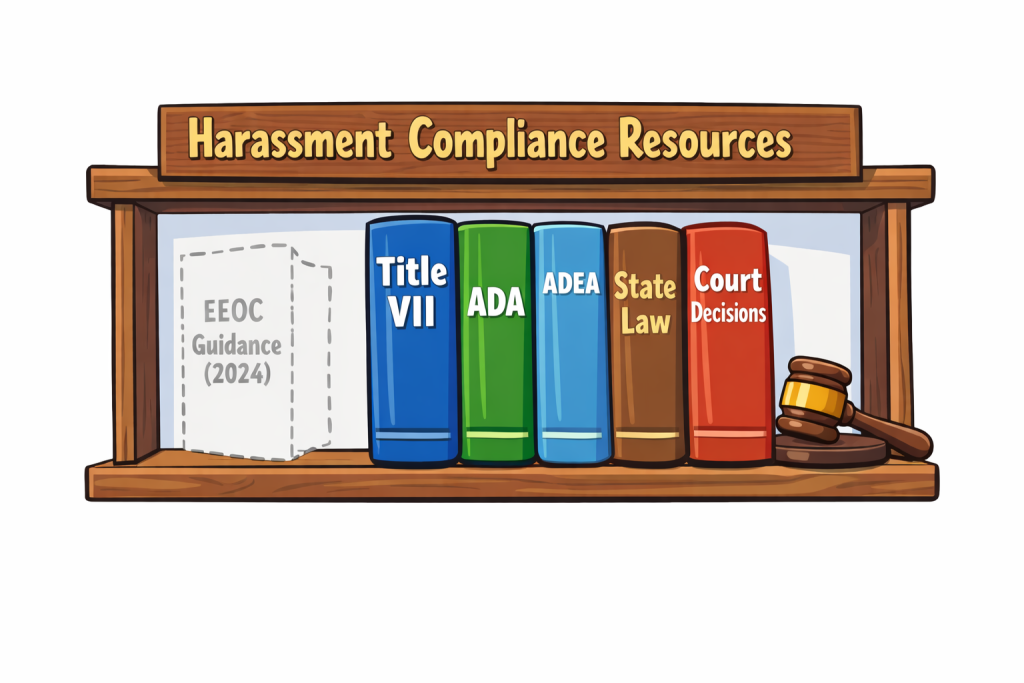
The EEOC just pulled the plug on its most comprehensive harassment guidance. Some federal guardrails are gone, but the law is not – and neither are employers’ obligations. Continue reading

The EEOC just pulled the plug on its most comprehensive harassment guidance. Some federal guardrails are gone, but the law is not – and neither are employers’ obligations. Continue reading
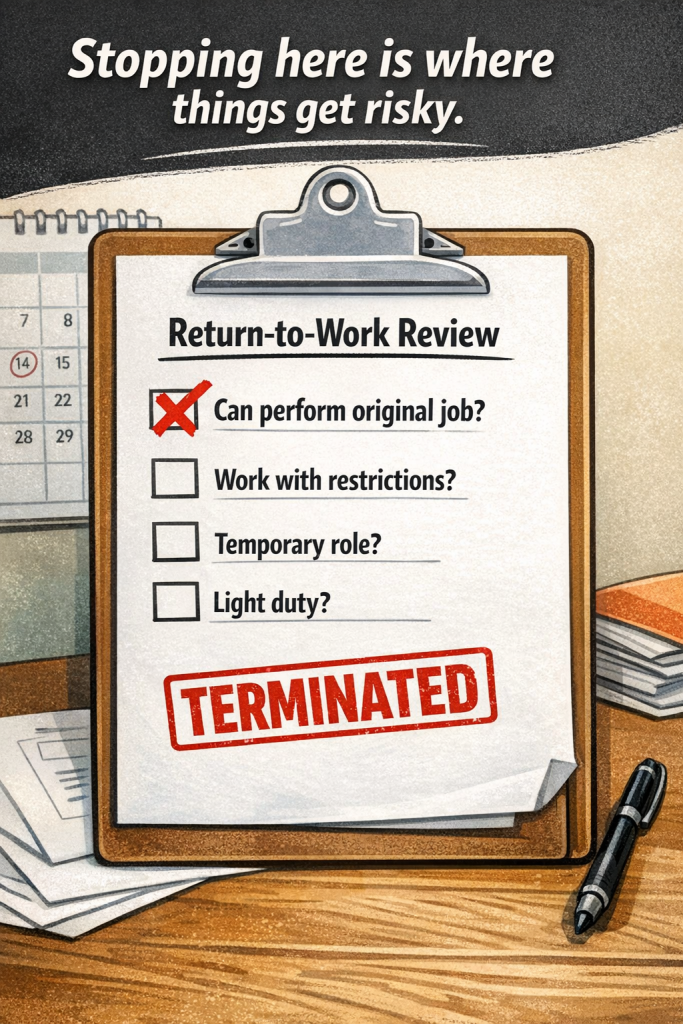
Deciding too early that accommodation is impossible can shape everything that follows. This case shows why courts often let juries sort it out.
In a recent ADA decision from the Northern District of Illinois, an employer decided an injured employee could not return as a bus operator under her medical restrictions. After that decision, the employer relied on its absence-without-leave policy to terminate her. The court refused to end the case at summary judgment. Continue reading

A single recruiting phone call. No application. No interview. And yet, enough evidence for a federal judge to let an ADA hiring case move forward. Continue reading
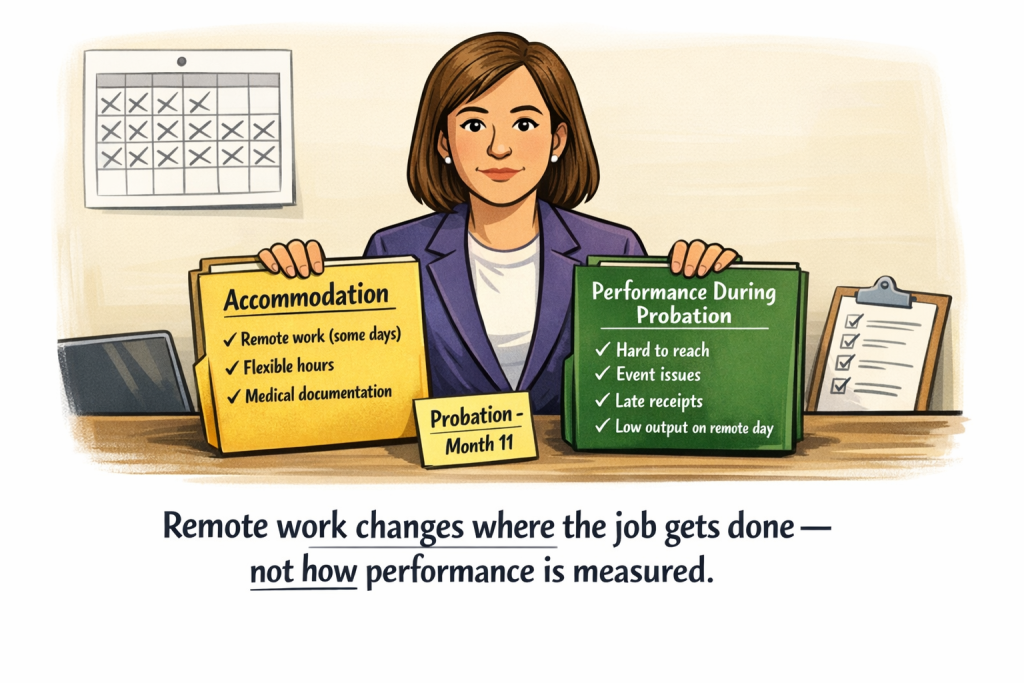
When an employee’s health takes a turn, the instinct is to be flexible. The legal risk is assuming flexibility means you cannot enforce expectations. Continue reading

Governor Murphy just expanded the New Jersey Family Leave Act. It reads cleanly in the statute. It reads a little differently once you try to apply it to real people and real leave requests.
These amendments are not cosmetic. They expand coverage, accelerate employee eligibility, and formally connect NJFLA to New Jersey’s paid-leave system. For employers, this is a structural change in how leave has to be managed. Continue reading
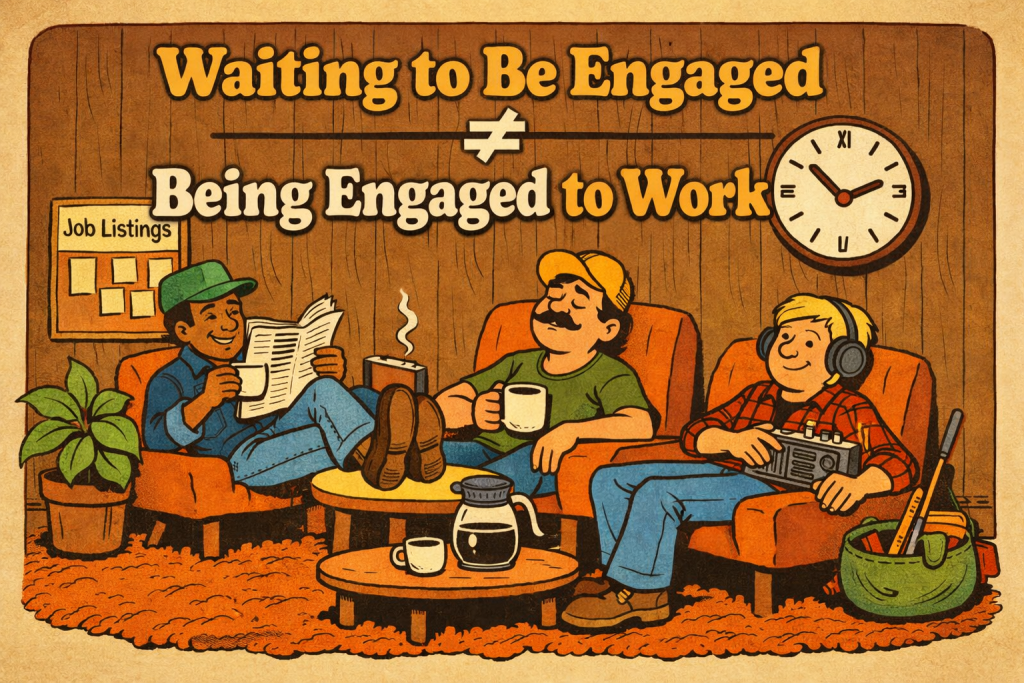
Wage-and-hour disputes often come down to one deceptively simple question: when does paid work actually begin? A recent Eleventh Circuit decision draws some clear – and employer-friendly – lines around travel time, tool time, and waiting time under the Fair Labor Standards Act. Continue reading

No-hire agreements have quietly lived in vendor and service contracts for years.
The FTC has now made clear that they are an active antitrust enforcement target. Continue reading

Constructive discharge is one of the most misunderstood concepts in employment law. Employees often assume that feeling sidelined, embarrassed, or treated unfairly is enough to turn a resignation into a legal claim. Courts, however, continue to apply a far stricter standard – one that looks past discomfort and focuses on whether working conditions were truly intolerable.
A recent federal court decision out of Arkansas reinforces that point. Continue reading

HR professionals do not have a crystal ball. When an employee files an EEOC charge, no employer can predict how that dispute might later be reframed in a lawsuit or expanded with new legal theories.
A recent Fourth Circuit decision recognizes that reality, while still reinforcing something practical for employers and HR teams alike: the EEOC charge plays a meaningful role in defining the case that follows. Continue reading
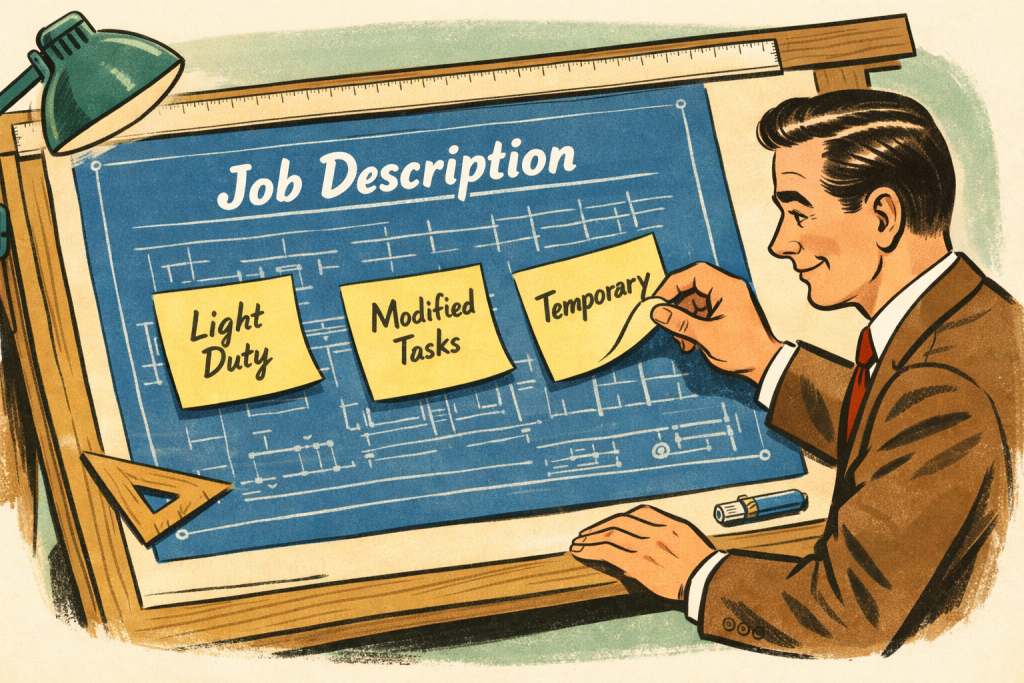
Employers often worry that a good-faith effort to keep an injured employee working will later be used against them as proof they “could have accommodated” the employee indefinitely. A recent Sixth Circuit decision draws a clear line between temporary flexibility and permanent obligation. Continue reading